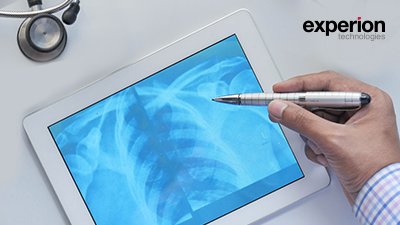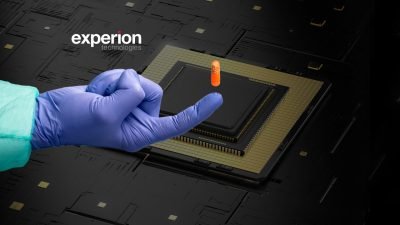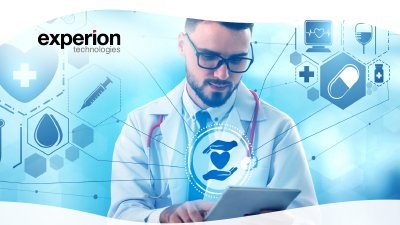Healthcare product engineering plays a pivotal role in the rapid technological advancement, driving the development of innovative medical devices and digital health solutions that are reshaping the way we diagnose, treat, and manage medical conditions.
With the rapid pace of innovation, healthcare providers need to be aware of the latest trends and advancements to ensure they can deliver the best possible care for their patients.
A few "eureka" moments that lead science and technology in novel directions are made possible by human curiosity. Before something new is created, scientists conduct extensive years of research using numerous related ideas. One such creation is “quantum computing”. Quantum computers could outperform any supercomputer and it is emerging as the next frontier in pharmaceutical research.
Despite significant improvements in healthcare, there are still many pressing problems. The process of creating novel patient treatments is difficult, time-consuming, and expensive.
Automation, digitization, and technological enablement are all having a significant impact on several businesses today. Delivery of healthcare is not an exception. Artificial intelligence (AI), robotics, precision medicine, 3-D printing, augmented reality/virtual reality, genomics, telemedicine, and more, can now be included into the delivery of healthcare.
During the past decades, many health care organizations have incorporated digital technologies into their operational sectors. However, they frequently adopted a fragmented strategy for many initiatives, such as installing electronic health record (EHR) systems, developing apps, and experimenting with disruptive technologies like artificial intelligence (AI), while holding a conventional approach in their treatment procedures and consumer engagement. Only recently have we begun to see technology being leveraged to deliver accurate, user-friendly solutions that are supported by reliable data.
To dilettantes with only a passable knowledge of this subject, the term ‘predictive genomics’ may seem obsolete since all endeavors in the field of genetics are predictive in their intent. However, it is a discipline at the crossroads of various fields like personal genomics, phenology, and bioinformatics alongside many more. Its relevance lies in the understanding of the human phenotype (expressed traits in an individual) as a function of the person’s genotype and his/her environment and being able to integrate the two variables of the function in a population for generations using advanced computational modalities like AI and Machine Learning.
Every problem has a solution. But what if problems themselves become solutions?
This is the philosophy at the core of quantum computing; the somewhat funny rules of the quantum world has been manipulated by scientists to create technology that has limitless potential in the real world, a parallel that is one in a million. Read on to learn how.
In this era of digital transformation, security has become more important than ever before.With the widespread understanding of cybersecurity issues, customers seek digital products with high safety standards. Like any other industry, digitization in the Healthcare industry requires handling a humongous amount of sensitive data. Therefore, developing secure products has become utmost important for digital product engineering vendors across the globe. In this article, we look at Experion’s approach towards developing secure digital healthcare products effectively.
Healthcare and technology go hand-in-hand. However, many wonder where exactly they are heading. Telemedicine, IoT devices, and virtual reality surgical training are just a few digital health innovations attracting a lot of attention and research dollars and helping the sector enhance health equity worldwide. In this blog, let's explore some of the leading trends in Digital Health.











